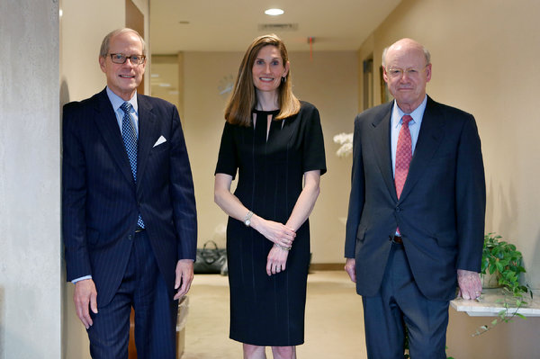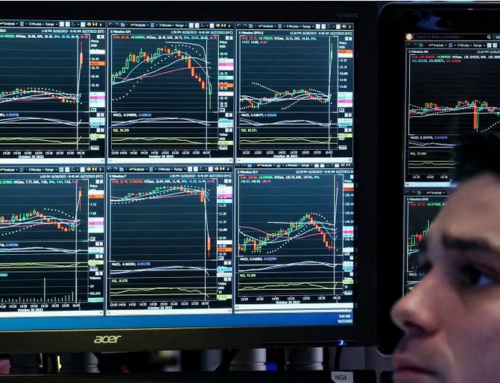There is much irony to ponder in the news released last week that the Rockefeller heirs have chosen to divest from oil investments. As reported by John Schwartz in and article in the New York Times entitled Rockefellers, Heirs to an Oil Fortune, Will Divest Charity of Fossil Fuels, “John D. Rockefeller built a vast fortune on oil. Now his heirs are abandoning fossil fuels.”
The news, coming as it did in advance of the start of the United Nations Climate Summit, nearly trumped financial news reporting of the fact that some 400,000 people representing over 3,000 organizations had turned out in New York City to protest inaction on climate change by marching across Manhattan in the People’s Climate March. Additionally, massive supporting marches were held in major cities around the world, including Paris, London, Berlin and Rio de Janeiro. Unofficial counts put the total number of marchers worldwide at over half a million. Well, these numbers are staggering and record-breaking but, gosh (snark alert), it just can’t be news since readers can already assume that those folks marching are tree-huggers.
Apparently, according to the financial press, for a family as legendary as the Rockefellers, whose own wealth has come from fossil fuel business, to choose to make such a stark statement of rejection of fossil fuels by following the path demanded by college students of their college trustees—now that is news! At least it will be to those who have actively chosen to ignore all of the scientific pronouncements declaring the burning of fossil fuels to be the primary cause of climate change and who are attempting to pretend that nothing significant should challenge their plan to continue business as usual.
Then the fact that the Rockefeller Brothers Fund will divest its $860 million philanthropic fund from all oil and gas investments really is news and appears to be part of an existing and accelerating initiative that, while started on college campuses a couple years ago, has moved well beyond that stage. According to Schwartz:
In recent years, 180 institutions — including philanthropies, religious organizations, pension funds and local governments — as well as hundreds of wealthy individual investors have pledged to sell assets tied to fossil fuel companies from their portfolios and to invest in cleaner alternatives. In all, the groups have pledged to divest assets worth more than $50 billion from portfolios, and the individuals more than $1 billion, according to Arabella Advisors, a firm that consults with philanthropists and investors to use their resources to achieve social goals.
The people who are selling shares of energy stocks are well aware that their actions are unlikely to have an immediate impact on the companies, given their enormous market capitalizations and cash flow.
Even so, some say they are taking action to align their assets with their environmental principles. Others want to shame companies that they believe are recklessly contributing to a warming planet. Still others say that the fight to limit climate change will lead to new regulations and disruptive new technologies that will make these companies an increasingly risky investment.
Ultimately, the activist investors say, their actions, like those of the anti-apartheid divestment fights of the 1980s, could help spur international debate, while the shift of investment funds to energy alternatives could lead to solutions to the carbon puzzle.
“This is a threshold moment,” said Ellen Dorsey, executive director of the Wallace Global Fund, which has coordinated the effort to recruit foundations to the cause. “This movement has gone from a small activist band quickly into the mainstream.”
Not everyone will divest completely or right away, Ms. Dorsey noted, and some are divesting just from specific sectors of the fossil fuel industry, such as coal.
Al Gore, Mayor Bill DeBlasio, Jane Goodall, Leonardo di Caprio and U.N. Secretary General Ban Ki Moon were among the individuals who marched at the People’s Climate March in New York City. Among those joining in the Rockefeller announcement on Monday were Mark Ruffalo, the actor, and Bishop Desmond Tutu, who provided a videotaped message, arguing that because climate change has a disproportionate impact on the poor, it is “the human rights challenge of our time.”
Given how a large component of the U.S. Congress, major sectors of the U.S. economy and the financial press seem to be responding to the news about the hazards to the planet of continuing to burn fossil fuels, the transition to clean energy sources has, in the minds of many people, already become the economic and political challenge of our life time.
[Please click this link to read the full text of the New York Times article.]










Leave A Comment